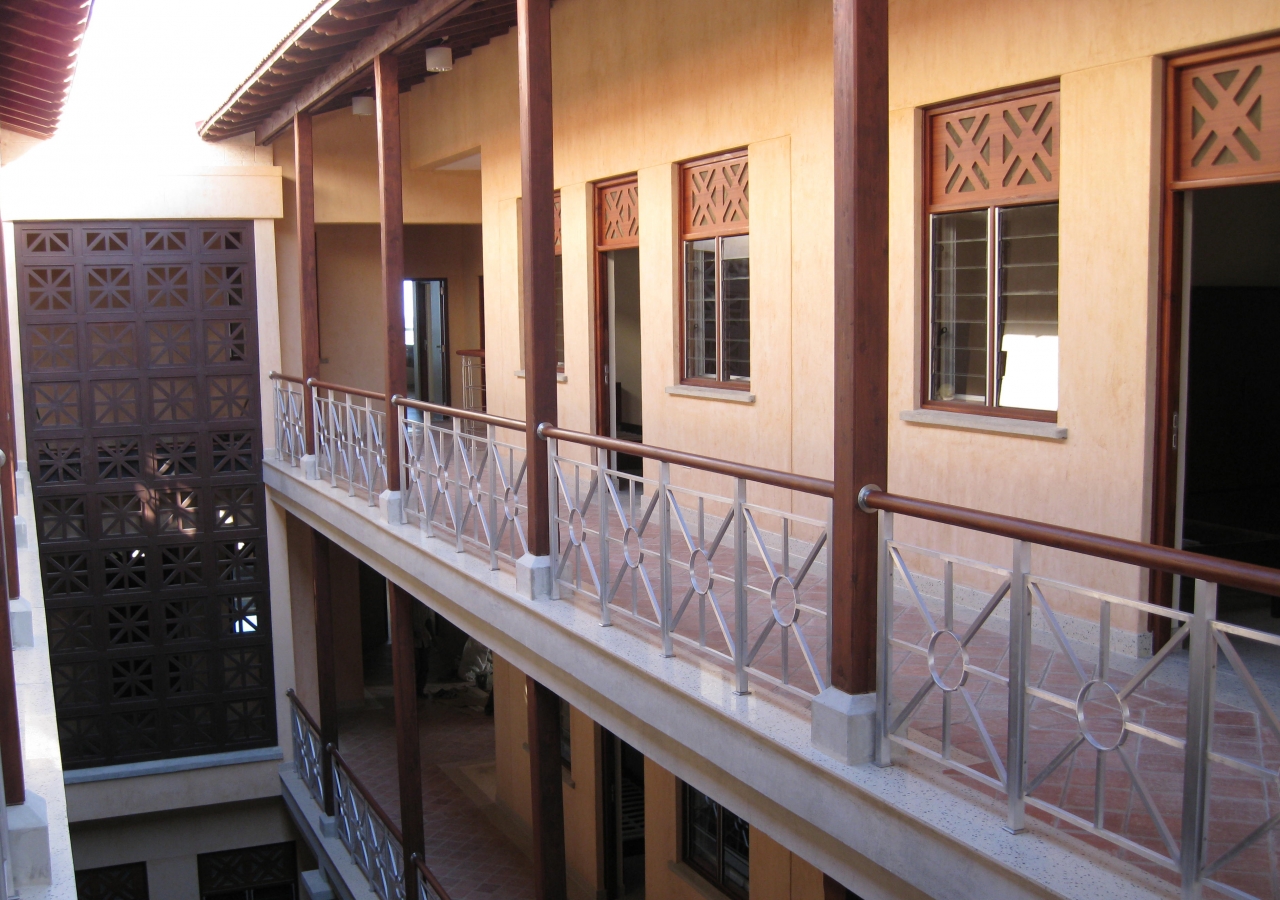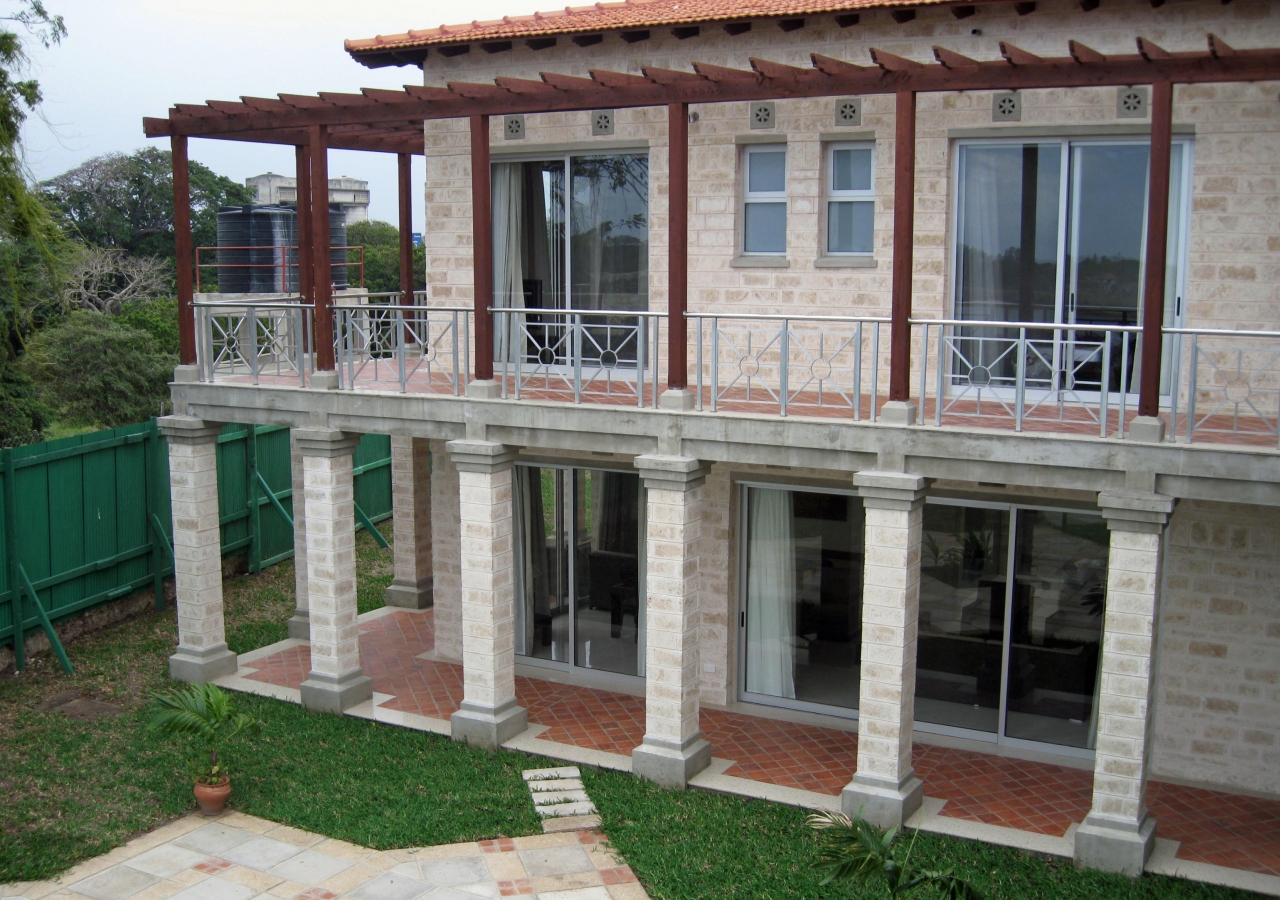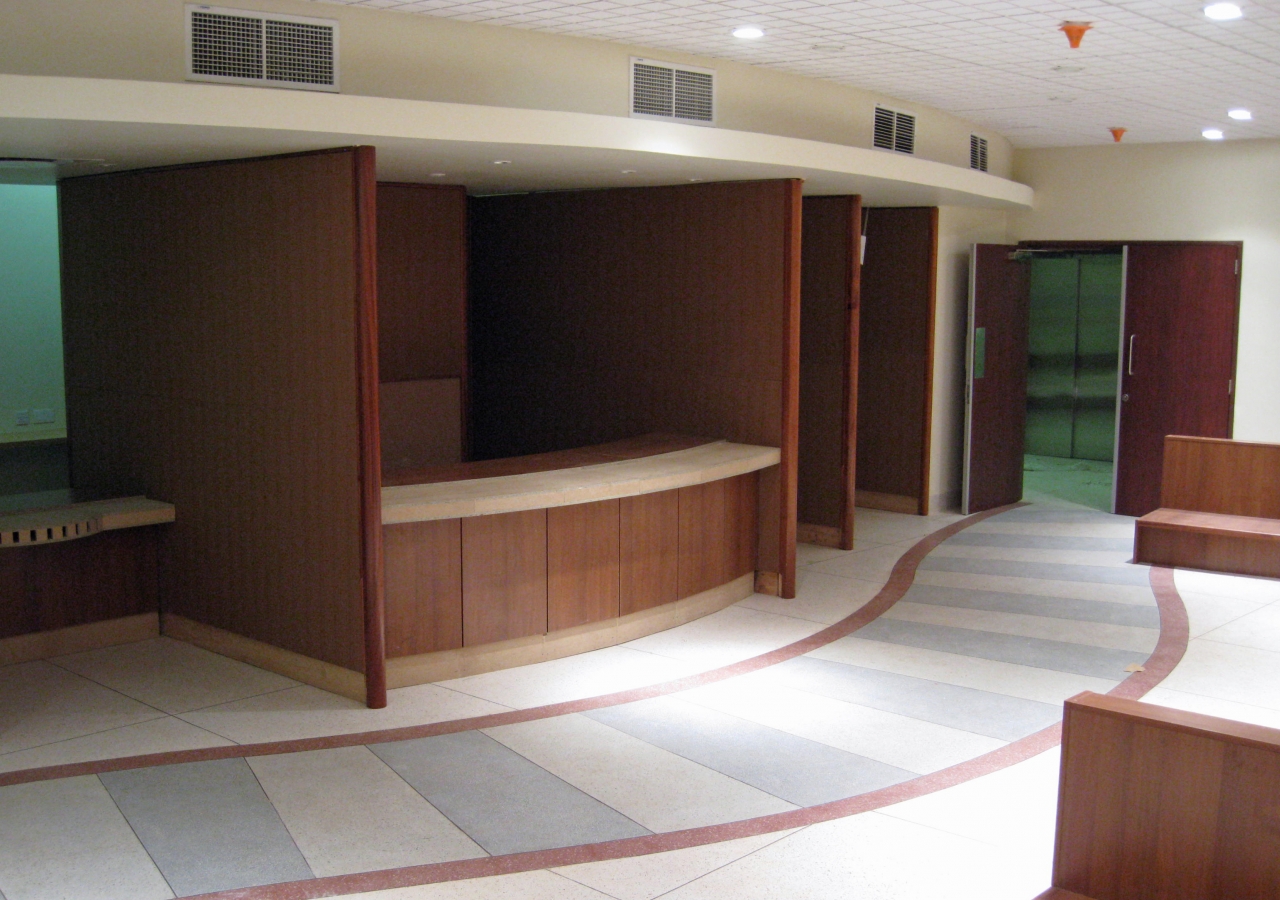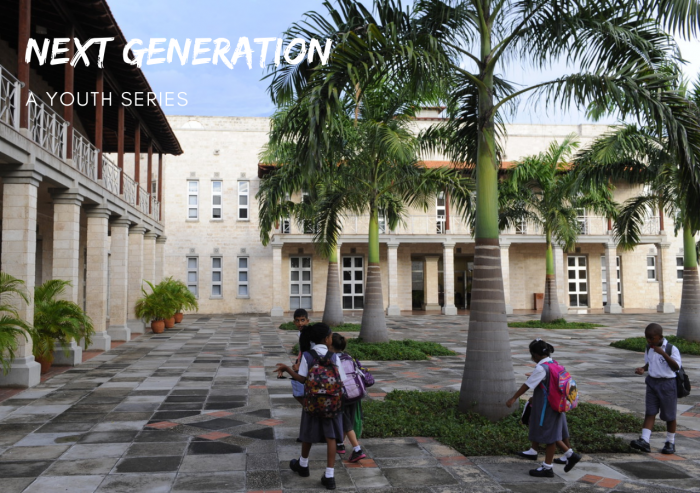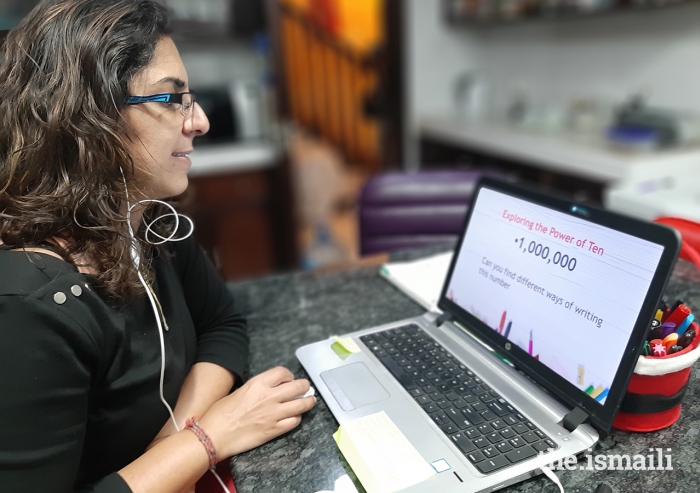 Salim Mohamed signing his TKN contract at the PCM Dubai Office on 5 March 2008. He would serve as PCM's Regional Project Manager for East Africa. Courtesy of PCM
Salim Mohamed signing his TKN contract at the PCM Dubai Office on 5 March 2008. He would serve as PCM's Regional Project Manager for East Africa. Courtesy of PCMWhen Salim Mohamed arrived in Kenya in April 2008 to begin a Time and Knowledge Nazrana assignment, he remembers being confronted by images of the post-election violence that had divided the country just weeks earlier.
“I switched on the TV and saw the same old fist thumping that I left 30 years ago, and that shocked me,” says Mohamed, who spent the first 17 years of his life in Uganda and left during the oppressive Idi Amin regime.
Still, Mohamed was optimistic about the country's long-term economic potential. That's partly because he spent more than a decade working on major construction projects in the Middle East, and remembers seeing places like Abu Dhabi and Dubai quickly transform themselves into world-class cities. “Twenty years ago Dubai and Abu Dhabi were less developed than what Kenya is today,” he says.
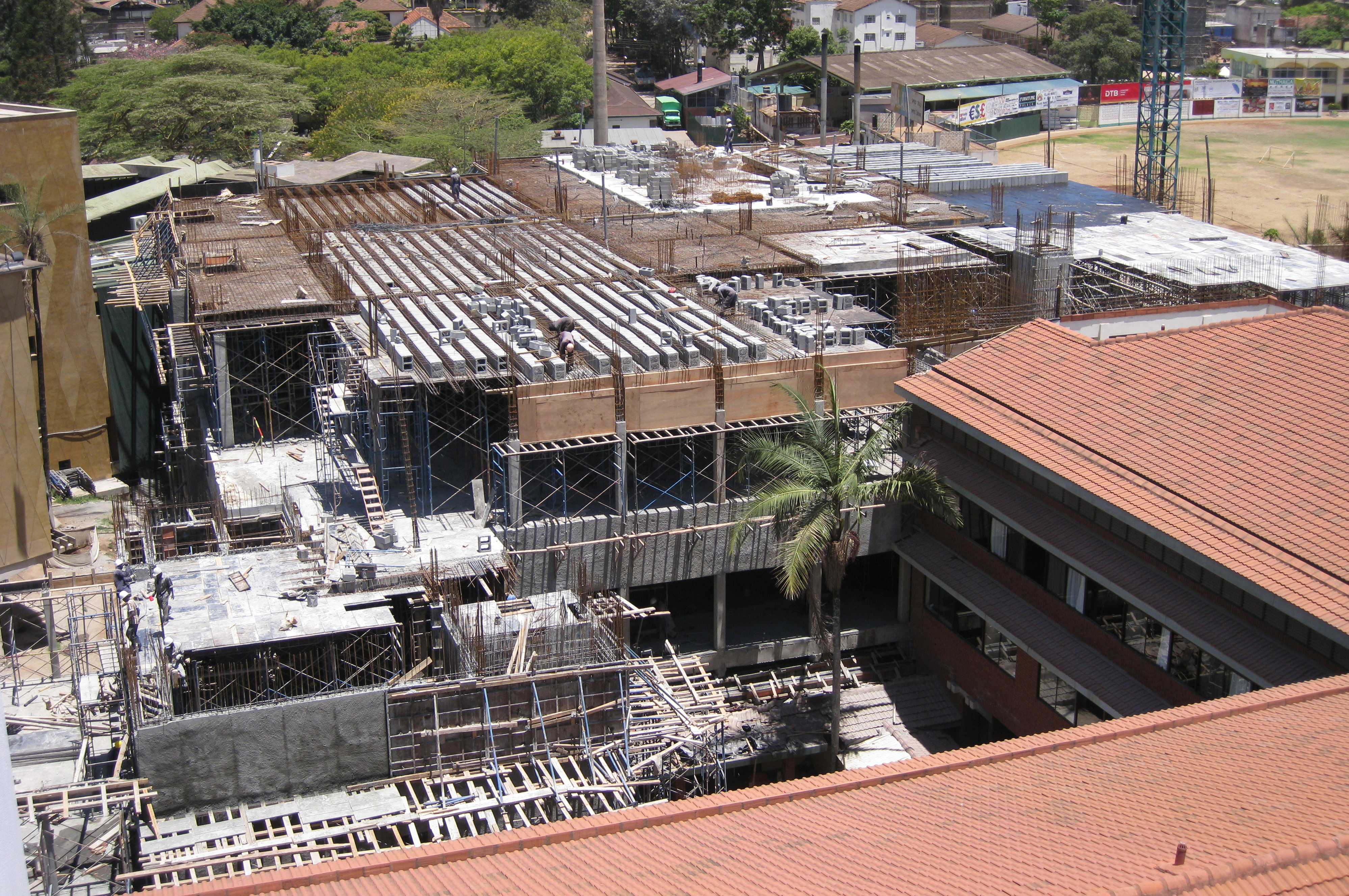 Superstructure concrete works at second floor level of the Aga Khan University Hospital, Nairobi. Courtesy of PCM
Superstructure concrete works at second floor level of the Aga Khan University Hospital, Nairobi. Courtesy of PCMA 56-year-old Chartered Civil Engineer from the United Kingdom, Mohamed was in Kenya to serve with Planning and Construction Management (PCM), the Dubai-based construction project management arm of the Aga Khan Development Network. PCM assists other AKDN institutions build projects like the Ismaili Centres in Dushanbe and Dubai, the Aga Khan Academy in Mombasa, the Diamond Jubilee High School in India, and the Islamabad Serena Hotel in Pakistan.
PCM does not directly undertake construction or design itself, but manages the entire process and the various stakeholders involved. For example, with the Ismaili Centre, Dushanbe, PCM – among other things – developed the architectural design brief, launched a design competition and recommended the architect consultant, contractor and fitting-out suppliers.
According to Aziz Husein, a PCM staff member in Dubai, the company used to be a relatively small unit of AKDN, but grew over time. PCM was situated in Dubai because of its centrality and ease of access to AKDN construction projects in Central Asia, India, Pakistan and East Africa. It was also important to be in a city where staff could live comfortably, an important consideration for attracting top talent.
The internal courtyard of the Student Residence at the Aga Khan Academy, Mombasa. Photo: Courtesy of PCM
As a volunteer, Mohamed was to spend one year serving as PCM's Regional Project Manager for East Africa. When he arrived, there were two main construction projects underway: the Aga Khan University Hospital's new Heart and Cancer Centre in Nairobi, and the Aga Khan Academy's new residential buildings in Mombasa. Mohamed had to get up to speed quickly.
“I have moved around in my career quite a bit, so settling into new environments isn't an issue for me,” says Mohamed.
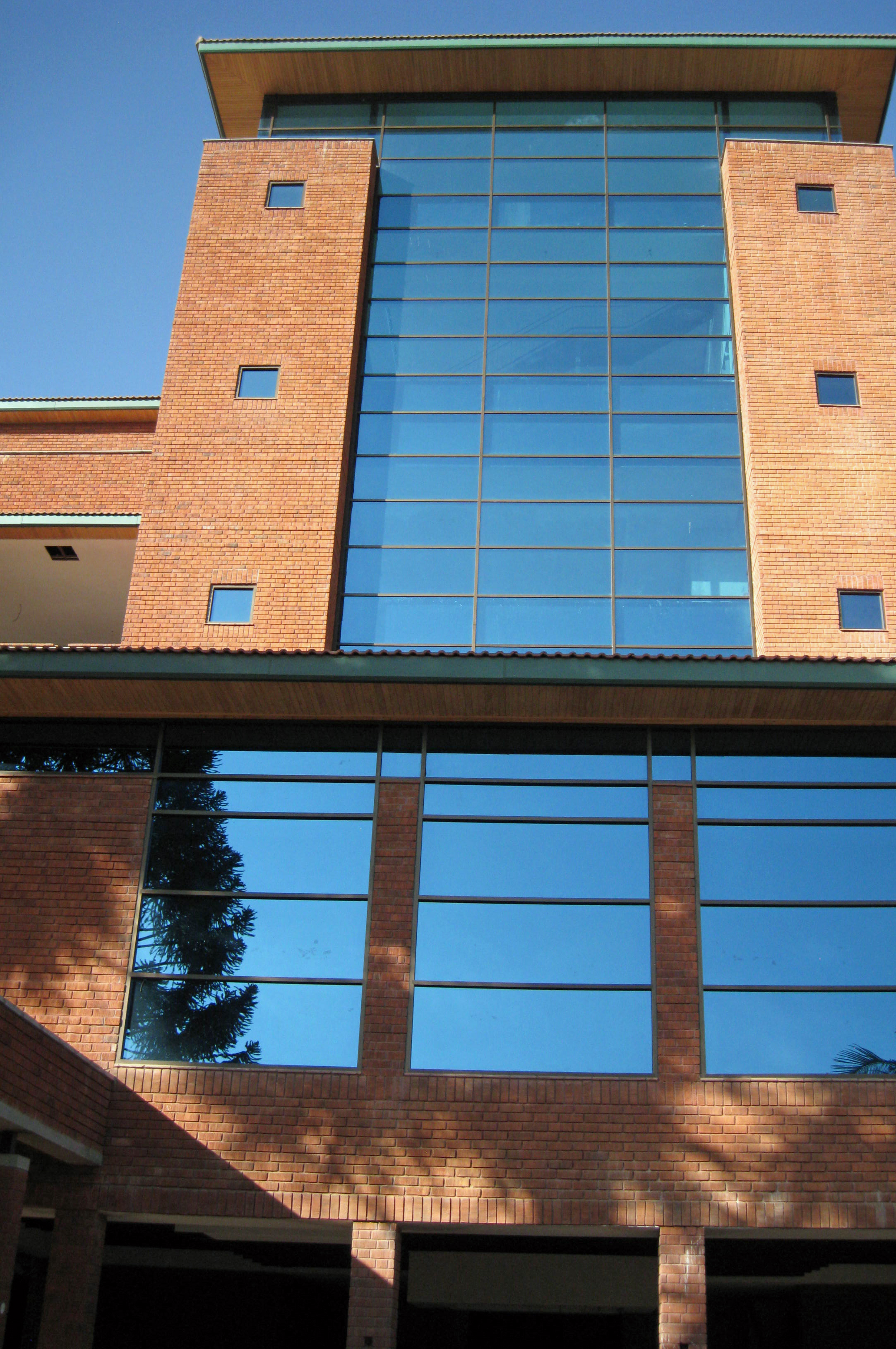 The completed Heart and Cancer Centre Tower at the Aga Khan University Hospital in Nairobi. Courtesy of PCM
The completed Heart and Cancer Centre Tower at the Aga Khan University Hospital in Nairobi. Courtesy of PCMAfter leaving Uganda in 1972, Mohamed settled in London and earned a civil engineering degree from Imperial College. Early on, his specialisation was in the area of bridge design, and he spent several years in England working on tunnel, road, bridge and railway projects. In 1982, he moved to Abu Dhabi where, among other things, he helped build offices, housing and recreation facilities for a Japanese oil company.
In the years that followed, he shifted between the UK, Abu Dhabi and Dubai, working with developers, public and private corporations and local government authorities. Most recently, he had been employed with Halcrow Group Limited from 2004 to 2008, working on the development of high-profile projects such as the Salaam Resort and Spa in Oman, the “Lagoons” islands in Dubai Creek, and a camel racing track featuring shops, a mosque and 400-person grandstand.
In 2007, the Time and Knowledge Nazrana (TKN) was introduced in commemoration of Mawlana Hazar Imam's Golden Jubilee as a way for Ismaili Muslims to offer an unconditional gift of service to the Imam of the Time. A central TKN office connects the individual offerings with opportunities that may be local or international, and where there is a fit between the individual's skills and availability and the institutional needs, a match is made.
With AKDN taking on larger and more complex projects such as the 250-megawatt Bujagali Hydropower Project in Uganda, Mohamed saw TKN as an opportunity to offer service and to take his career to the next level. He submitted a TKN offering and was soon contacted about the PCM opportunity in Nairobi.
 The Student Residence Block at the Aga Khan Academy, Mombasa, finished with coral stone cladding. Courtesy of PCM
The Student Residence Block at the Aga Khan Academy, Mombasa, finished with coral stone cladding. Courtesy of PCMBecause he was among the very first TKN volunteers to sign a contract, his experience was something of a pilot programme. Someone from the TKN head office called him every month, he says, in order to discuss how the PCM assignment was progressing, whether the accommodations were satisfactory, and whether he was having a good experience. Meanwhile, PCM received similar calls, to determine if the company was benefiting from Mohamed's presence. “They were trying to find out whether this was positive for both parties,” he says.
In Mombasa, the Aga Khan Academy was busy erecting buildings for its residential component, including housing, a dining facility and recreational areas. The project was straightforward, says Mohamed, and proceeded smoothly. One test the project faced was in ensuring each building's façade had a local look, incorporating materials such as indigenous coral stone and Swahili-style features.
“The challenge was actually to provide the high level of finishing that was required, to make the building look very special,” he says. Sometimes, it was hard to obtain necessary construction equipment and materials locally, and importing interior furniture from China was also difficult.
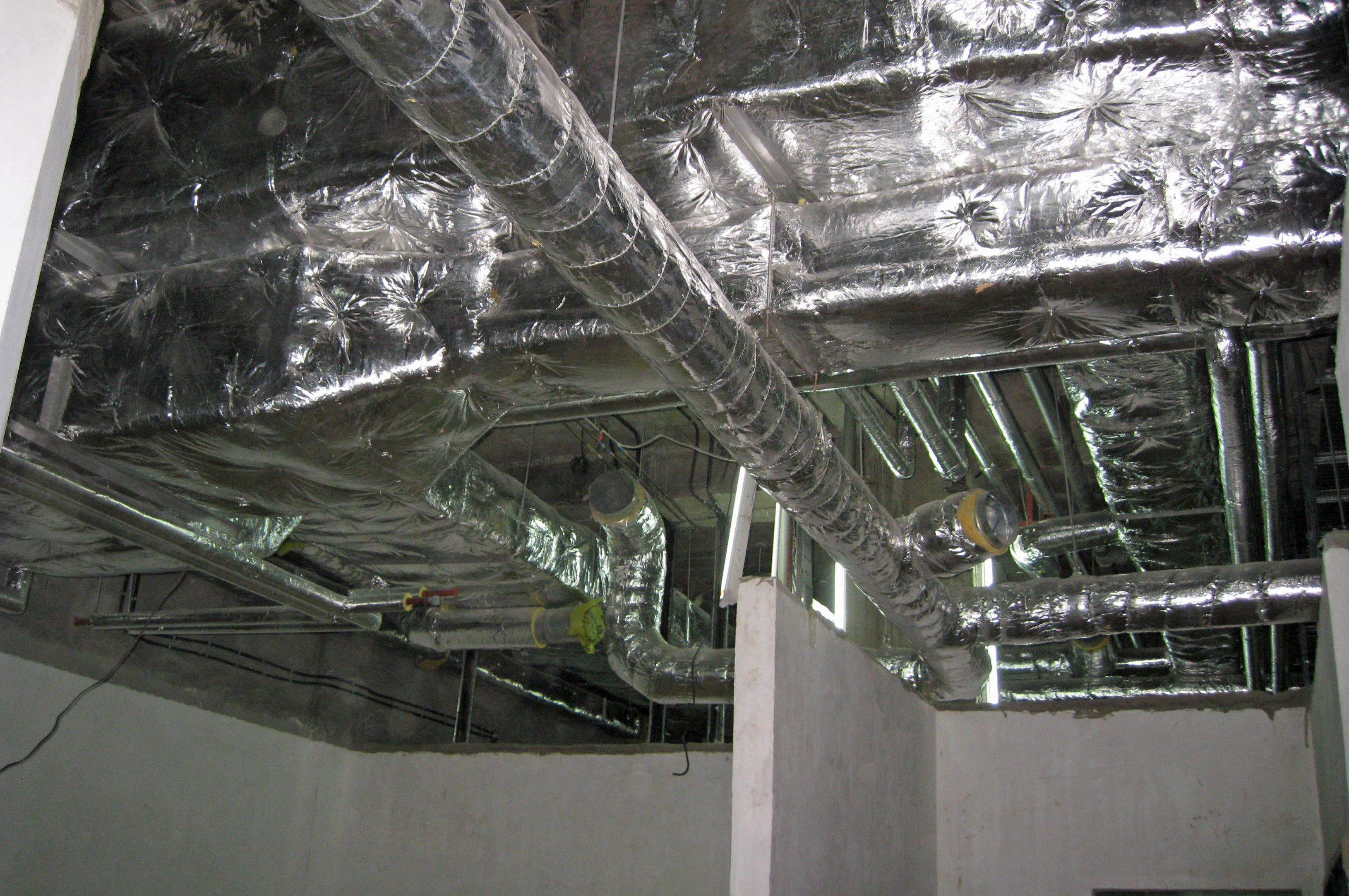 A typical view of the mechanical, electrical and plumbing works in the ceiling voids at each floor of the Aga Khan University Hospital in Nairobi. Courtesy of PCM
A typical view of the mechanical, electrical and plumbing works in the ceiling voids at each floor of the Aga Khan University Hospital in Nairobi. Courtesy of PCMBut these issues paled in comparison to the ones surrounding the state-of-the-art Heart and Cancer Centre in Nairobi. The five-story building was architected in Vancouver, while its electrical, mechanical and plumbing systems were designed in California, says Mohamed.
The biggest obstacle was installing the building's sophisticated heating, ventilating and air conditioning (HVAC) system. The Centre's operating theatres, waiting rooms, and cancer treatment, maternity and other areas were designed to have separate climate controls, improving air quality and curbing infections; but few, if any, buildings like this existed in Kenya.
Mohamed eventually brought in engineers from South Africa to help with the HVAC system. It wasn't the only time he had to make a key decision to keep construction moving along. “I think I've managed with my very able team to keep the project on some sort of a level plane,” he says.
Even though Mohamed says he had some minor “teething problems” early on, he found the assignment extremely rewarding. He says he gained valuable experience working in an African setting, and a better understanding of how the different AKDN institutions complement each other, and what it's like to work for them.
PCM, too, is pleased with the outcome. “Salim brought a wealth of experience from the construction field to AKDN projects,” says Aziz Husein, adding that the company benefited greatly from his “hands-on experience and technical expertise,” and the “thorough knowledge of civil engineering” that he brought to the Kenyan assignment. Indeed, the firm was so pleased with Mohamed's performance that it eventually hired him as a full-time employee, after two years under the TKN banner.
Looking back, Mohamed feels that TKN volunteers have the best chances for success when they come in with a positive attitude, remembering that such service is “not always an easy thing, and demands that you have some patience, tolerance, humility and respect.”

